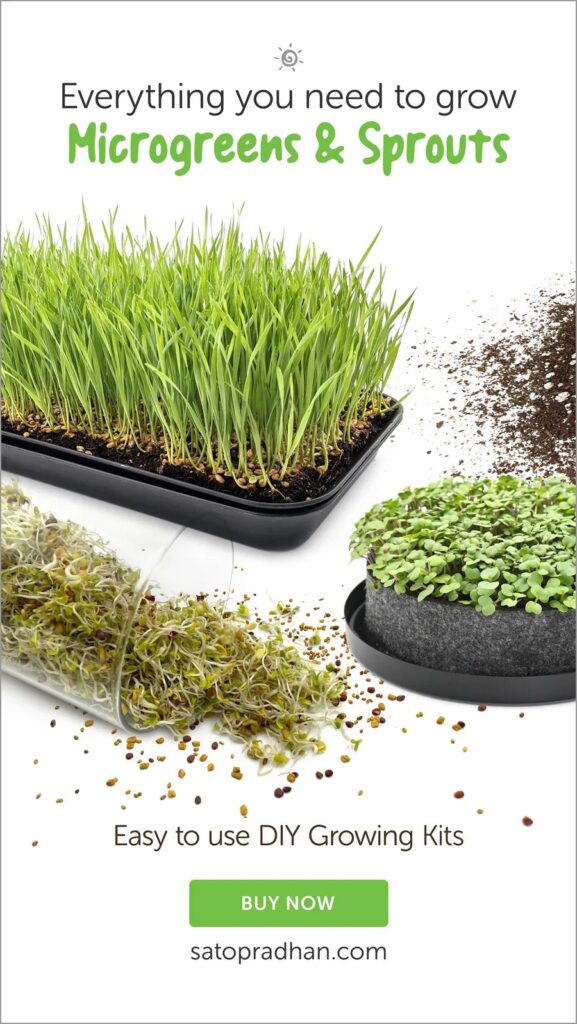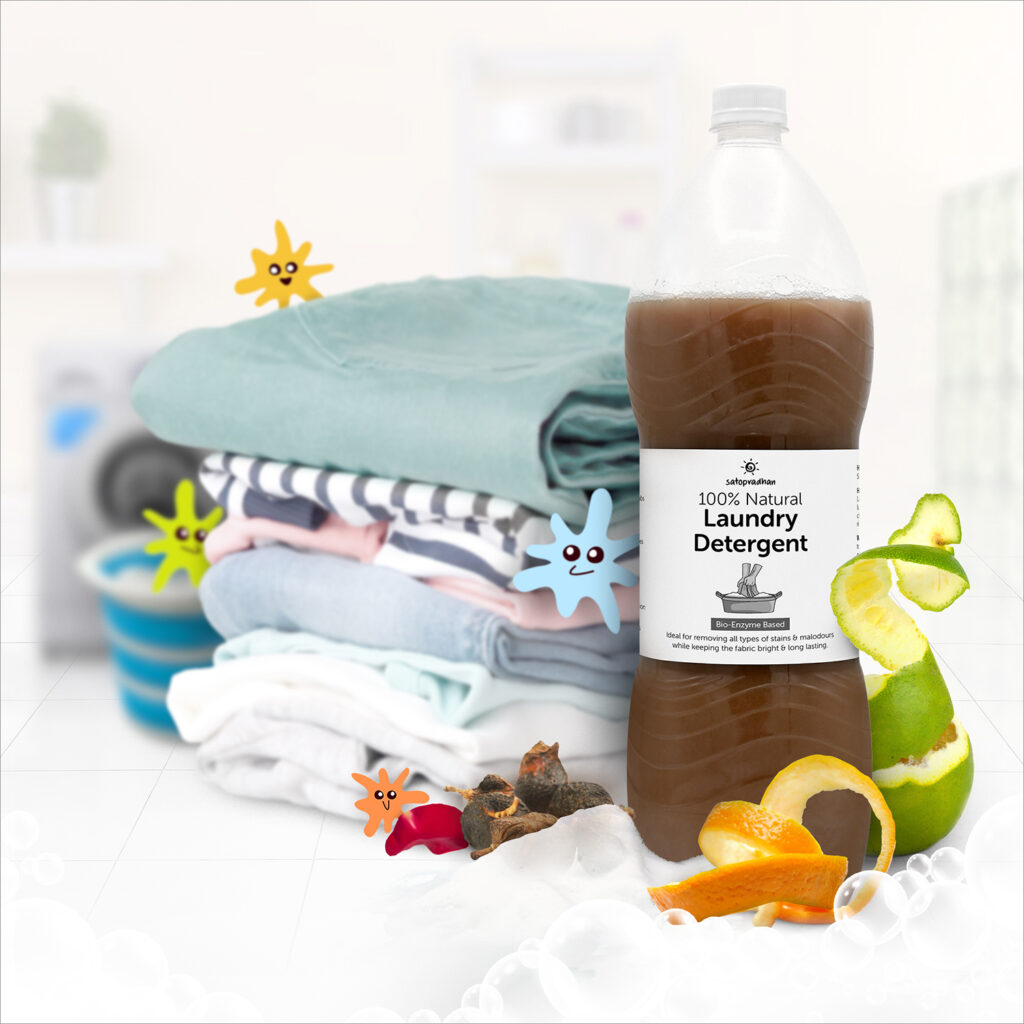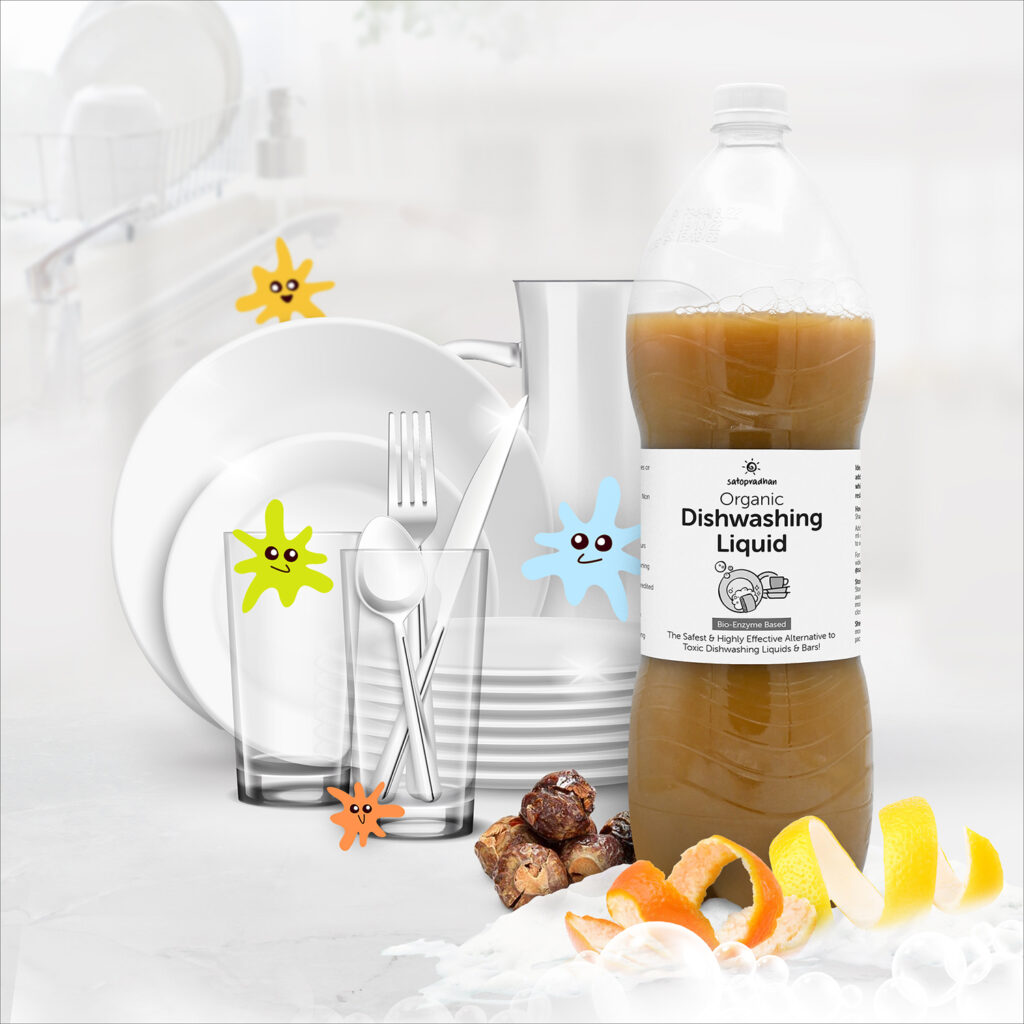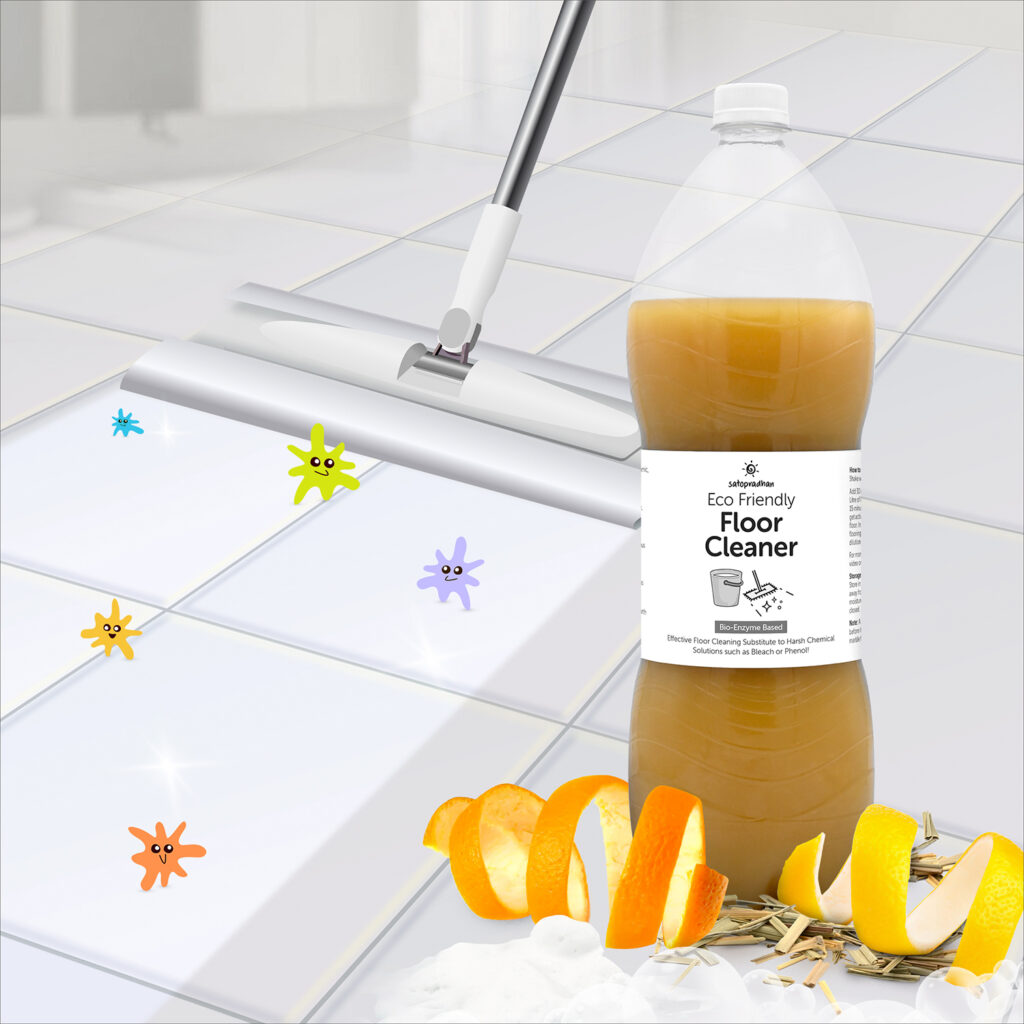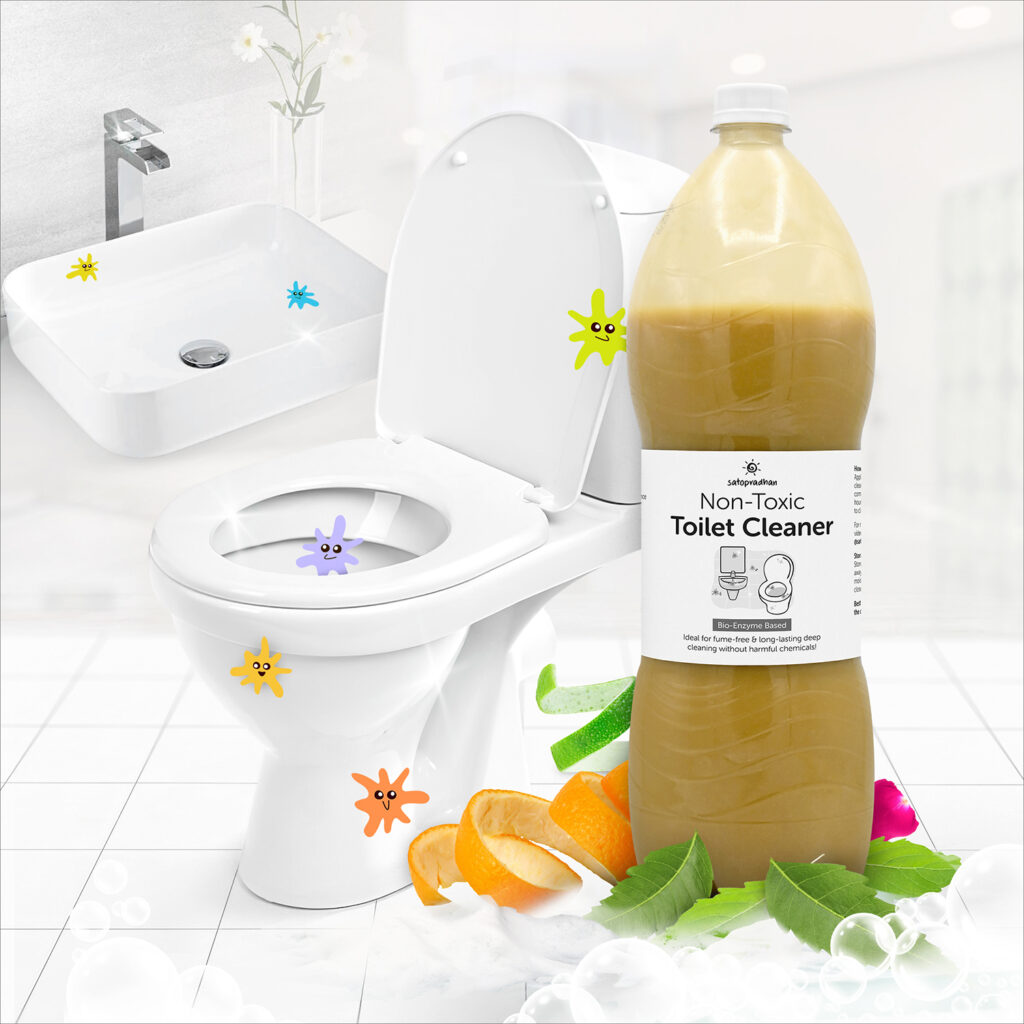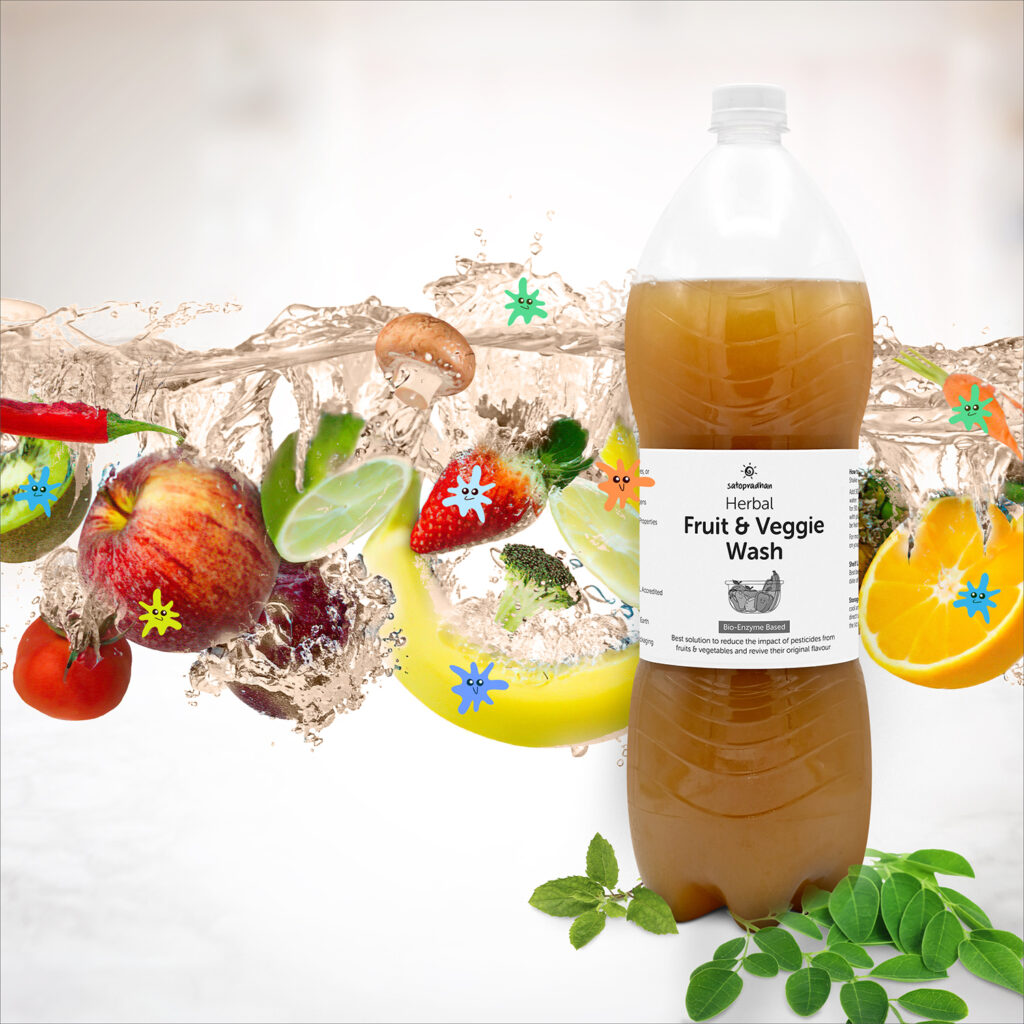Understanding the Impact of Oils

Your well-being is highly linked to the food you put on the table and the ingredients you choose to use in your meals. It’s not just about the dishes you serve but about the heart of your cooking. Whether it’s the tadka of your favourite sabzi or the creation of those special festive meals, cooking oils have been used in kitchens for generations. Our ancestors knew the secrets of selecting the suitable oils & the correct quantity to use, not just to make food tasty but to keep their loved ones nourished.
In this blog, we will delve into how our cooking oils have transformed over the years, from the traditional cold-pressed varieties to the refined options that have become so common in our kitchens. We’ll uncover the reasons behind this evolution and explore its impact on our health. Join us on this enlightening journey as we trace the path from the past to the present and discover the choices ahead.
The Rise of Refined or Hot Pressed Oils
Ask your grandparents about the type of oil they used in their younger days; their responses would almost always carry a sense of nostalgia. They will fondly recall using the term “Kachi Ghani” or “Kolhu” oil.

In modern times, we refer to this as “cold-pressed oil.” Interestingly, this traditional method is not a recent innovation; it’s a practice deeply rooted in history and has been cherished for centuries, especially in India. The process involves carefully crushing seeds or nuts in a wooden or stone mortar, preserving the natural essence of the source material.


When globalisation entered India, it completely transformed how we saw our familiar cooking ingredients. With their marketing strategies, big brands set out to change how we cook. It was as if ghee, butter, and the oils we’d grown up with – were associated with heaviness, encouraging consumers to opt for lighter and supposedly healthier alternatives like refined oils.

This shift wasn’t subtle; it was a powerful message we encountered in countless advertisements. These ads promoted refined oils as tastier and lighter and promising to boost your energy levels. They made us envision refined oils as the superior choice for us and our family’s health.


The shift to refined oils was primarily fueled by marketing strategies that portrayed them as healthier options, even though this may not have been the case. The production and use of refined oils in India commenced in the early 20th century as the country’s industrialisation and modernisation of the cooking oil industry unfolded.
The Refining Process
To improve cost efficiency, companies have started using the solvent extraction method, employing chemicals such as hexane and subjecting the process to higher temperatures to extract oil from raw materials. Hexane dissolves oil and separates it from the solid material. This helps in getting all the oil out of the source material.

After hexane does its job, it quickly turns into vapour and leaves the extracted oil behind. However, it’s crucial to highlight that the use of hexane has sparked environmental and health concerns due to its classification as a volatile organic compound.
Hold on! The process doesn’t end here. The refinement process has yet to start. There are a few steps involved in refining the oil, and they are
1. Degumming
Degumming removes natural phospholipids, or “gums,” from crude vegetable oils. These gums can make the oil hazy and affect its quality and shelf life. Degumming improves the oil’s appearance, taste, and longevity.

It’s done with high-pressure steam, high-temperature water, or using acids like phosphoric acid. Note that the Phospholipids or “gums” present in oil harm the oil’s quality, affecting appearance and shelf life, but they are not harmful to human health when consumed in moderate amounts.
2. Neutralization
It involves treating the oil with an alkaline substance, like caustic soda, to neutralise the natural acids present in the oil.

This neutralisation enhances the oil’s stability and shelf life, reducing acidic or off-flavours.
3. Bleaching
This step removes undesirable components from the oil, like particles, colour pigments, and contaminants.

Activated clay or carbon agents are added to the oil, absorbing and filtering these impurities. This process produces clearer and lighter-coloured crude, making it more visually appealing.
4. Winterization
The process involves cooling the oil and using ethanol or a suitable solvent to selectively remove these undesired components, ensuring the oil remains transparent and liquid even in colder conditions.

It prevents fat particles from solidifying at lower temperatures.
5. Deodorization
This process involves subjecting the oil to high temperatures again, typically around 200 degrees Celsius, while passing low-pressure steam. Deodorisation aims to eliminate any remaining volatile compounds, impurities, and odours from the oil using synthetic antioxidants like TBHQ (tert-butyl hydroquinone) & anti-foaming agents to preserve freshness and control foaming

Have you ever wondered what’s left of the original substance after all the rigorous heating, refining, distillation, and purification processes?

All of this is done to make the final product more appealing and stable, ensuring that it meets buyers’ visual and sensory expectations. While it may seem like quite a journey, the result is an oil that’s not only visually attractive but also free from impurities and off-flavours, nutrients and all the benefits we expect that it should offer.
Hydrogenation: Altering Oils, Impacting Health
This was not enough; another step was added to alter the oils – Hydrogenation. In this process, hydrogen changes liquid fats into solid fats. This results in an excess of trans fats, which isn’t good. Vegetable oils are extracted from plants using a combination of high heat, intense pressure, and chemical solvents.

This leads to oils oxidising, turning rancid, and losing many beneficial properties. In this altered state, they can be considered toxic. Consuming these refined oils regularly may be linked to severe health issues such as cancer, Diabetes Mellitus (DM), gastrointestinal problems, atherosclerosis, obesity, reproductive challenges, and immune dysfunction.
Health Concerns Related to Refined Oils

Cholesterol and Triglycerides
Regular consumption of refined cooking oils, particularly those high in saturated and trans fats, can lead to elevated LDL (bad) cholesterol and triglycerides, increasing the risk of heart disease

Insulin Resistance
Excessive use of refined oils, mainly those rich in inflammatory omega-6 fatty acids, may promote insulin resistance, potentially contributing to the development of insulin resistance and type 2 diabetes.

Inflammation
Refined oils can exacerbate inflammation within the body. Chronic inflammation is associated with various diseases, including diabetes, cancer, and heart disease

Refining Process
During the refining process of cooking oils, polyunsaturated fatty acids (PUFAs) can become rancid, especially when exposed to high temperatures. Rancid PUFAs are less stable and can undergo harmful transformations, including the formation of trans fats.

Trans Fats
Trans fats, which can be produced during the refining process and high-temperature cooking, are detrimental to heart health and should be minimised in the diet.

Reusability
Repeated use of cooking oils, particularly hydrogenated oils like margarine and Crisco, can lead to the accumulation of harmful compounds and an increase in the peroxidase value.
This practice is not recommended and may be associated with health risks, including colorectal cancer, due to the formation of polycyclic aromatic hydrocarbons.
Understanding these health concerns can help you make informed choices about the types and amounts of cooking oils they use in their daily meals, emphasising selecting healthier, less processed options.
Transitioning to Better Oil Choices
According to the guidelines set forth by the National Institute of Nutrition, the ideal composition of healthy oils should encompass a balanced presence of three key fatty acids: Monounsaturated fatty acid (MUFA), Polyunsaturated fatty acid (PUFA), and Saturated fatty acid (SFA). This balance is crucial in promoting overall health and well-being.
In contrast, refined oils, through their processing methods, tend to strip away the natural nutrients present in the source ingredients. Furthermore, the consumption of refined oils has been associated with an increased risk of various diseases and obesity. Therefore, making informed and conscious choices in your cooking oil selection is paramount.

This is where cold-pressed oils emerge as a superior option. Cold-pressed oils are extracted directly from nuts or seeds using traditional, time-honoured methods that do not involve refining processes or heat treatments.
This preservation of the oil’s natural integrity and nutritional profile is a hallmark of cold-pressed oils, making them a healthier and more wholesome choice for cooking. By opting for cold-pressed oils, you are enhancing the flavours of your dishes and promoting your long-term health and vitality.
In a world filled with concerns about refined cooking oils, the answer lies in an age-old tradition that our ancestors relied on: cold-pressed oils.

It’s time to revisit this ancient wisdom and discover the benefits of using cold-pressed oils for a healthier and more wholesome approach to cooking and nutrition.






